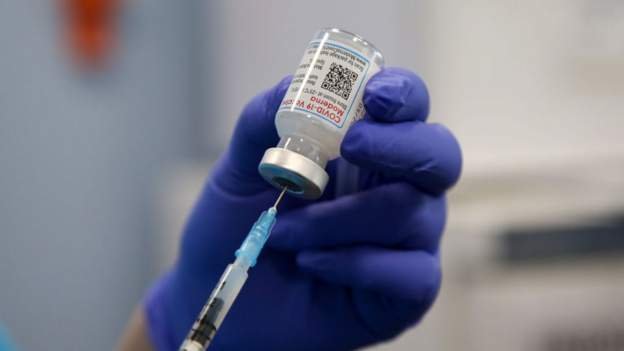Kenya’s Vaccine Factory Plans: Moderna Halts Progress Amid Uncertainty
Moderna’s decision to pause plans for a manufacturing facility in Kenya reflects broader shifts in the global COVID-19 vaccine demand and production landscape. While the initial rush to secure COVID-19 vaccines led to significant investment in manufacturing capacity, including in regions like Africa, the evolving nature of the pandemic and vaccine rollout has prompted companies to reassess their strategies.
The decline in demand for COVID-19 vaccines, the emergence of new variants, and the shift towards booster doses in some regions have altered the trajectory of vaccine production and distribution. As a result, companies like Moderna are adjusting their manufacturing networks to align with changing market dynamics and optimize their investments.
The decision to prioritize research and development efforts toward new vaccines for diseases like HIV, malaria, and cancer underscores the ongoing commitment to addressing global health challenges beyond COVID-19. These diseases continue to significantly impact public health, particularly in low- and middle-income countries, and there is a pressing need for innovation and investment in new treatment and prevention options.
While the focus may be shifting away from COVID-19 vaccines, ensuring equitable access to existing vaccines and supporting ongoing efforts to vaccinate populations worldwide is essential. This includes addressing supply chain issues, supporting technology transfer and local manufacturing capacity, and strengthening collaboration between governments, manufacturers, and international organizations to ensure that vaccines reach the most needy.
Additionally, Moderna’s decision highlights the complex interplay between public health needs, market forces, and corporate strategies in the context of the pandemic response. While the initial urgency to develop and distribute COVID-19 vaccines led to unprecedented collaboration and investment, the landscape has evolved as vaccination campaigns progress and attention shifts to other health priorities.
By redirecting resources towards developing vaccines for diseases like HIV, malaria, and cancer, Moderna aims to address pressing global health challenges beyond the immediate scope of the pandemic. These diseases have long been significant burdens on public health, particularly in regions with limited access to healthcare and resources. Investing in new vaccines for these conditions reflects a broader commitment to advancing medical science and improving health outcomes for vulnerable populations worldwide.
However, the decision to pause plans for a manufacturing facility in Kenya also raises questions about the future of vaccine production and distribution in Africa. While local manufacturing capacity is essential for ensuring timely access to vaccines and reducing dependence on imports, it requires sustained investment and support from public and private stakeholders. Moderna’s decision underscores the need for a comprehensive approach to strengthening healthcare infrastructure and promoting research and development in Africa to effectively address current and future health challenges.
Overall, the evolving dynamics of the COVID-19 pandemic underscore the importance of flexibility, collaboration, and innovation in the global health response. By adapting to changing circumstances and prioritizing investments in areas of critical need, stakeholders can work together to build a more resilient and equitable healthcare system that can withstand future challenges and improve health outcomes for all.

















